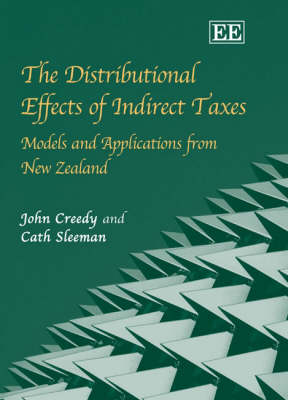This book develops a number of analytical models and presents empirical analyses of the equity and efficiency effects of existing indirect taxes from New Zealand. Potential tax reforms including environmental taxes are also examined and the methods presented can easily be adapted to deal with other countries.Policy debates are inevitably influenced by value judgements, which are seldom made explicit either by governments or those engaging in public discussion. By concentrating on the empirical orders of magnitude, and by examining the implications of adopting alternative value judgements, the findings of this book contribute towards rational policy debate, rather than relying on guesswork and rhetoric. The equity and efficiency effects of indirect taxes are examined in detail, using the central concepts of welfare changes, the excess burden of taxation, and money metric utility measures. The indirect taxes examined include a carbon tax designed to reduce carbon dioxide emissions.
The Distributional Effects of Indirect Taxes develops widely applicable models and will therefore appeal to economists interested in public economics, tax policy, inequality measurement, welfare economics and tax modelling. Economists in government departments and international agencies interested in public finance and inequality and poverty measurement will also find much to engage them in this book, as will policymakers concerned with indirect and environmental tax policy, inequality, and welfare economics.
- ISBN10 1847200427
- ISBN13 9781847200426
- Publish Date 27 October 2006
- Publish Status Active
- Publish Country GB
- Imprint Edward Elgar Publishing Ltd
- Format Hardcover
- Pages 288
- Language English
